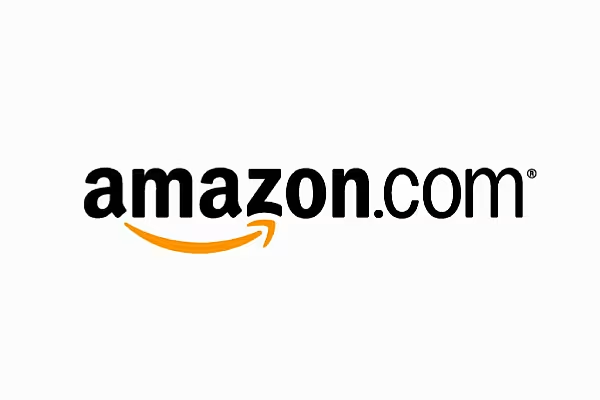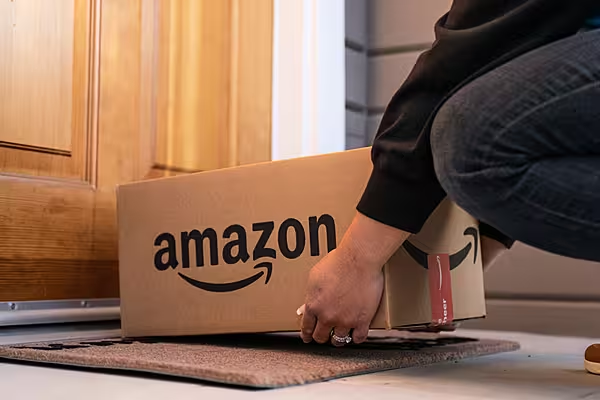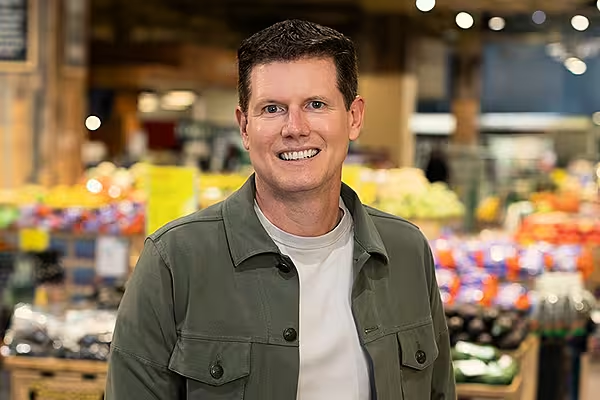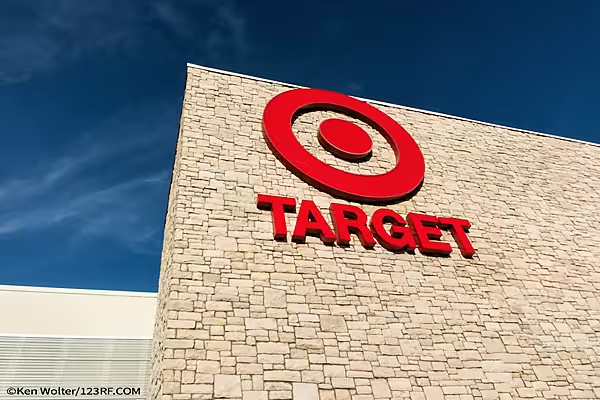Internet retail giant Amazon is on a quest to be the world’s biggest retailer and new research has found consumers are backing its plans.
According to a recent survey carried out by shopper marketing & multichannel retail marketing specialist Live & Breathe, more than half of those taking part in the research said they would like to see the online shopping giant open bricks-and-mortar stores – an increase of 22 per cent since the same question was asked in 2013.
Given the success of Amazon, it’s no surprise that shoppers would like to see it open bricks-and-mortar stores, says Viv Craske, head of digital at Live & Breathe.
If it could deliver a great in-store experience while maintaining its online advantages of choice, value, and convenience through speedy home delivery, it would be a very powerful proposition, he believes.
There are other signs to Amazon’s ambitions too, he says. The retailer is gearing up to serve the next generation of shoppers with Amazon Allowance – a payment system that enables shoppers to set up monthly or weekly payments to credit their or someone else’s Amazon account.
Regarding its food offers, Craske told ESM: "We can’t forget Amazon Fresh, its grocery delivery business, which some see as CEO Jeff Bezos’ last mile quest for total retail domination. It won’t be all plain sailing though as the [European] grocery market is one of the most price-sensitive and mature in the world."
Looking at the UK market, he points out how the big four supermarkets - Tesco, Asda, Sainsbury’s and Morrisons - are fiercely competitive on pricing. However, Aldi and Lidl have increased their market share to around 9 per cent of the market, leaving the big four with around 73 per cent – the lowest for ten years. Only Morrisons has seen an increase in market share in the latest figures released to the city, he emphasises.
As the leading global eCommerce company, Amazon has the potency and the cash reserves – in 2014, it increased reserves by 68.13 per cent, or $5.90 billion – to view grocery as just another category to disrupt.
"In previous category plays, the huge volumes of customers on the Amazon platform have attracted large numbers of both shoppers and third-party sellers. It will be interesting to see if Amazon Fresh in Europe focuses on attracting brands to partner with them and promising strong volumes and simpler supplier chain logistics."
Amazon Germany has secured distribution centres and a delivery fleet in the country, but its Fresh offering will need to be tailored to each new market.
"In European markets where every-day low prices are highly competitive, Amazon may well focus heavily on expanding its private-label brands, Amazon Elements. Amazon currently offers own-brand milk, cereal, and baby food, as well as household cleaners. It’s learning fast from existing grocery retailers that own label could be the secret to stronger profits with a home-delivery service."
Amazon could also keep online shoppers with music and film deals, leveraging Prime to give free next-day food deliveries. Unsurprisingly, it’s a partnership the etailer is exploring. It was recently announced that Amazon Fresh is being made available to Amazon Prime members in select markets.
"The key to Amazon Fresh’s success in Europe may well be to strategically enter markets where there’s room to offer an eCommerce rival or where eCommerce grocery and physical grocery sales are offered by a different set of companies. While in the UK, Tesco dominates online and offline, in Germany, more people shop for groceries at online-only retailers."
But perhaps the biggest indicator for Amazon Fresh’s success in Europe will be how established players respond. "In the US, you can order from Amazon Fresh by 10am and see the green van arrive with your food in time for dinner. In order to compete, it will need to invest in logistics at a time when profits are being squeezed."
But with pockets as deep as Amazon’s, if it can’t succeed, then who can?
© 2015 European Supermarket Magazine – your source for the latest retail news.














